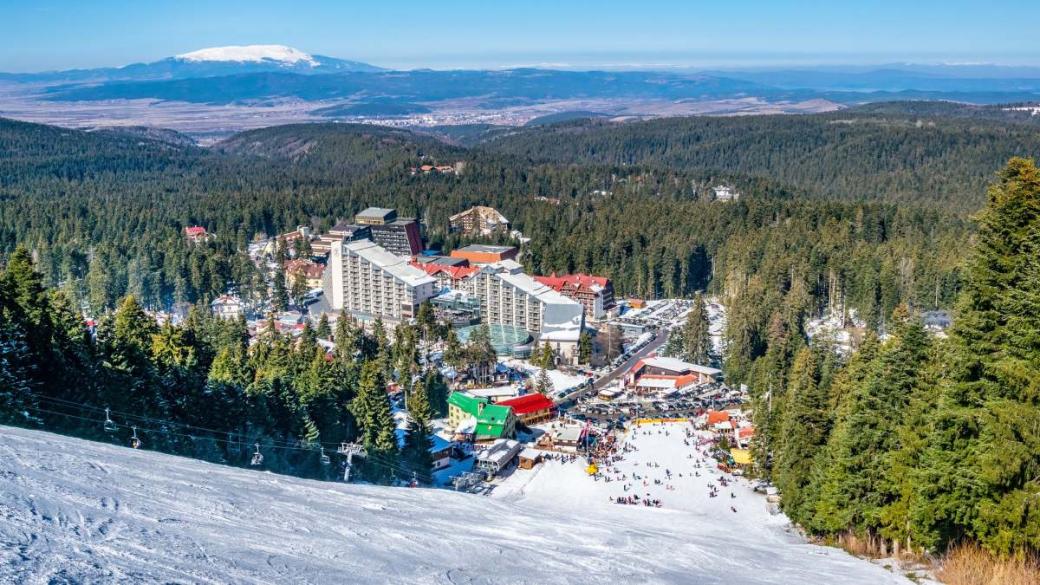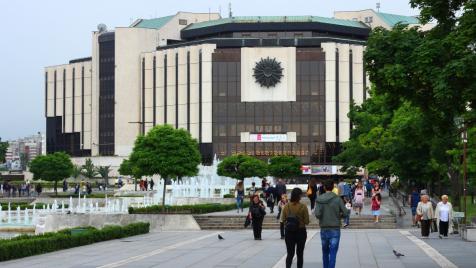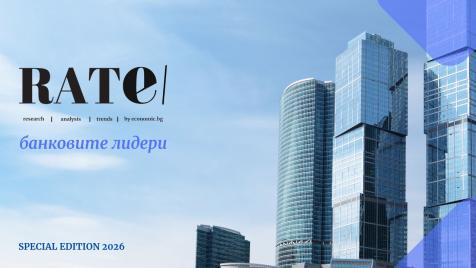How much does it cost to be a ski instructor in Bulgaria?
Winter resorts charge additional fees through the instructors' annual passes without this being regulated anywhere

© ECONOMIC.BG / Depositphotos
In the midst of the winter tourism season, when mountain resorts attract thousands of visitors, a curious and increasingly pertinent question is fueling debates in Bulgaria - are ski instructors, who want to practice their profession freely, forced to pay unregulated fees in order to be allowed to work in the local winter resorts?
Many instructors are reporting controversial requirements imposed by ski area concessionaires, which they believe put them at an economic disadvantage.
What are the requirements for ski instructors?
In order for a ski instructor to legally practice their profession, they must first obtain the appropriate license to do so.
Currently, in addition to our association, there is another one that conducts such licensing courses for different levels depending on the qualifications of a given instructor," Ivan Kanevchev, chairman of the Bulgarian Professional Ski Instructors Association (BPSI), tells Economic.bg.
In 2015, the Bulgarian Ministry of Tourism introduced a regulation setting the standards for practicing the ski instructor profession for the first time. The regulation details the criteria that must be met by people who want to take an exam to acquire the necessary qualifications. According to the texts of the regulation, ski instructors can have specializations in alpine skiing, cross-country skiing and snowboarding, for which a certificate is granted. It is determined by levels of ascending gradation – “A”, “B” and “C”.
Is there a problem?
Ski instructors from Borovets told Economic.bg that for years they had been charged unregulated fees so that they could freely practice their profession.
This is not announced anywhere though. They invoice it, but it is not mentioned anywhere on the (resort’s) website. So, I have to pay 4,800 leva to be able to work," says one of these instructors.
Actually, the annual ski pass (instructors are required to purchase it at the beginning of the season), which costs 1,900 leva (in Borovets), includes the fee in question, resulting in a large amount that the instructors must pay.
About seven years ago, they did it separately. You buy a lift pass and a separate "right to work". For a few years now, they've combined them, and you just can't help but pay the big amount if you want to be an instructor," adds the professional.
According to him, this practice is well-known in all major ski resorts in Bulgaria. "On a global scale, there is no such thing in major resorts in Austria, Switzerland, France. The commission that is paid there is only to the federation, which issues you a license document. Even seasonal lift tickets are much cheaper for instructors because the logic is that they bring tourists to the resort," says the ski mentor.
Economic.bg sent queries to the three major winter resorts in Bulgaria – Bansko, Borovets and Pamporovo – with additional questions about the case. However, by the time of publishing this article, we had not received a response from Borovets and Pamporovo. The marketing director of the Bansko concessionaire transferred our questions to one of the managers of the ski instructors at the resort – Yanko Popov. However, he stated that he was not competent and could not comment on the topic.
We also contacted the Association of Ski and Snowboard Schools in the Borovets resort, but we did not receive an answer from there either.
The practice of charging a "right to be a teacher" fee, as another ski instructor from Borovets calls it, has been around for about ten years. According to him, the fee is paid regardless of whether there is snow or not, which was the case last winter. Back then, due to unfavorable conditions, the ski resorts closed shop in mid-March. Despite this, all instructors were required to "purchase" their rights to be teachers for nearly 5,000 leva (about 2,500 euros).
The instructors have raised an alarm that the same practice can also be found in Malyovitsa.
Who is in charge of this?
To verify whether the Ministry of Tourism exercises control over concessionaires and their relationships with ski instructors, we sent queries under the Access to Public Information Act.
They replied that the tourism minister does not have the functional competence and authority to monitor what fees the concessionaires of the ski areas in Bulgaria collect from their ski instructors, since these legal relationships are of a private law nature.
It turns out that the fees that concessionaires collect from ski instructors are not regulated in the Tourism Act, and therefore the ministry has no right to inspect these practices or impose sanctions.
So, it turns out that to be a ski instructor in Bulgaria, in addition to having all the necessary licenses, which are paid to the relevant association, you also have to pay additional, unregulated fees annually, imposed by the concessionaires of the winter resorts. This is a labor practice that is certainly unethical. Especially given that the levying of the fee is not clearly announced anywhere.
The ski instructors, however, have no choice and end up paying if they want to work.
Translated by Tzvetozar Vincent Iolov

 Gabriela Mahlelieva
Gabriela Mahlelieva 
